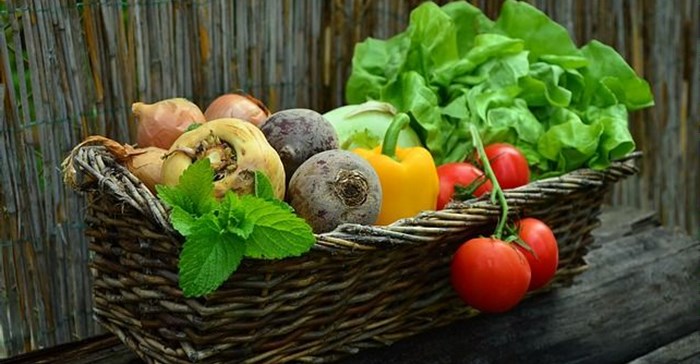The organic food market has skyrocketed in the past decade. The inclination towards organic products has increased so much that a large majority of organic food consumers have given up on the purchase of conventional food completely. Many studies have substantiated that organic farming and its produce contains more nutrients, higher antioxidant levels, and reduced pesticide residue, however, none of the studies were able to prove that organic farming is ecologically sustainable and harmonious than the conventional farming method.
And what's more concerning is the price at which these organic products come. In fact, some organic products may even make you shell double the amount as compared to their conventional counterpart. This makes us question whether organic farming and products are worth our money and whether organic farming is really organic to the core or not.
Defining organic farming
With the turn of the twentieth century, the agro-world saw a reformation in the way farming was practiced and agro-products harvested. Owing to the rapidly changing farming practices, there was a strict need to come up with a definite new farming practice that would solve all the farming problems prevalent at that time. This need for a revolutionary farming practice gave rise to organic farming. Organic farming is an agricultural system that promotes the use of strictly organic farming materials using nature-friendly methods like crop rotation, biological pest control, diversification and much more.
Here I would like to clarify that, unlike common beliefs, organic farming is not solely the discarding of chemical fertilisers, pesticides, antibiotics, growth hormones, and genetically modified organisms for the production of crops - it is much more than just that. It is a holistic system that ensures the harmonious and sustainable development of all the communities within the agroecosystem.
Today, organic products have made their way into a majority of households. More than 50% of the world's households shell out large sums on organic food in the hope to buy pesticide-free products. The market of organic products has reached $80 billion, substantiating the fact that organic products have become a favorite among the people. People are readily paying a higher price (sometimes even double price) in order to purchase organic food to safeguard the health of their loved ones.
Is it really that organic?
I have come across a number of studies which prove that organic products are better for our health when compared to the conventionally grown crops. In fact, the Environmental Working Group (EWG) has always been up for organic farming, giving it high preference over the conventional farm products. However, there are a number of nutritionists who have the opposite views. One such nutritionist is Rhiannon Lambert of the Harley Street London. In her recent study, she has taken it upon herself to debunk the myths about “organic automatically meaning healthy".
While Lambert agrees that there are a number of studies which prove that organic food contains a higher nutritional value, she still believes that there "is not enough strong evidence available" to prove the same. She agrees that a number of organic products may carry zero pesticide residues on them and may have higher antioxidant property, but for her, that does not mean that every fruit, vegetable or cereal that is non-organic or conventionally grown should be discarded.
In fact, it is high time that people understand the difference between the smart purchase of organic food and blind purchase of organic food. Paying extra dollars for every product just because it is organic would not ascertain that it is healthy or its conventional counterpart is unhealthy. You need to know whether the organic product you are buying is really organic to the core or not. Take the example of organic fizzy drinks, ice-creams, and chips - these are junk food and just because one has paid extra bucks for them being organic would not make it healthy.
...there are still many steps that need to be taken in order to make organic farming really organic to the core.
To worsen the scenario, many researchers at Oxford University believe that organic farming can sometimes pose a bigger threat to the environment as compared to conventional farming. Some of the organic fruits, cereals, milk, vegetables and livestock products like pork have been found to generate more greenhouse gasses as opposed to the conventional parts. To add to that, 43.7m hectares of land has today been dedicated to organic farming and still cannot fulfill consumer demands. Organic farming demands 84% more land and leads to a higher generation of nitrous oxide emissions, eutrophication, nitrogen leaching, ammonia emissions, and acidification potential.
This gives birth to a never-ending debate about the organicity of organic food. Studies might have suggested that organic food is healthy but not even a single one of the same studies has been able to verify that organic farming and its products are better or healthier than the conventional ones. Moreover, organic farming is all about respecting the natural life-cycle system, but studies prove otherwise and there are still many steps that need to be taken in order to make organic farming really organic to the core.






































